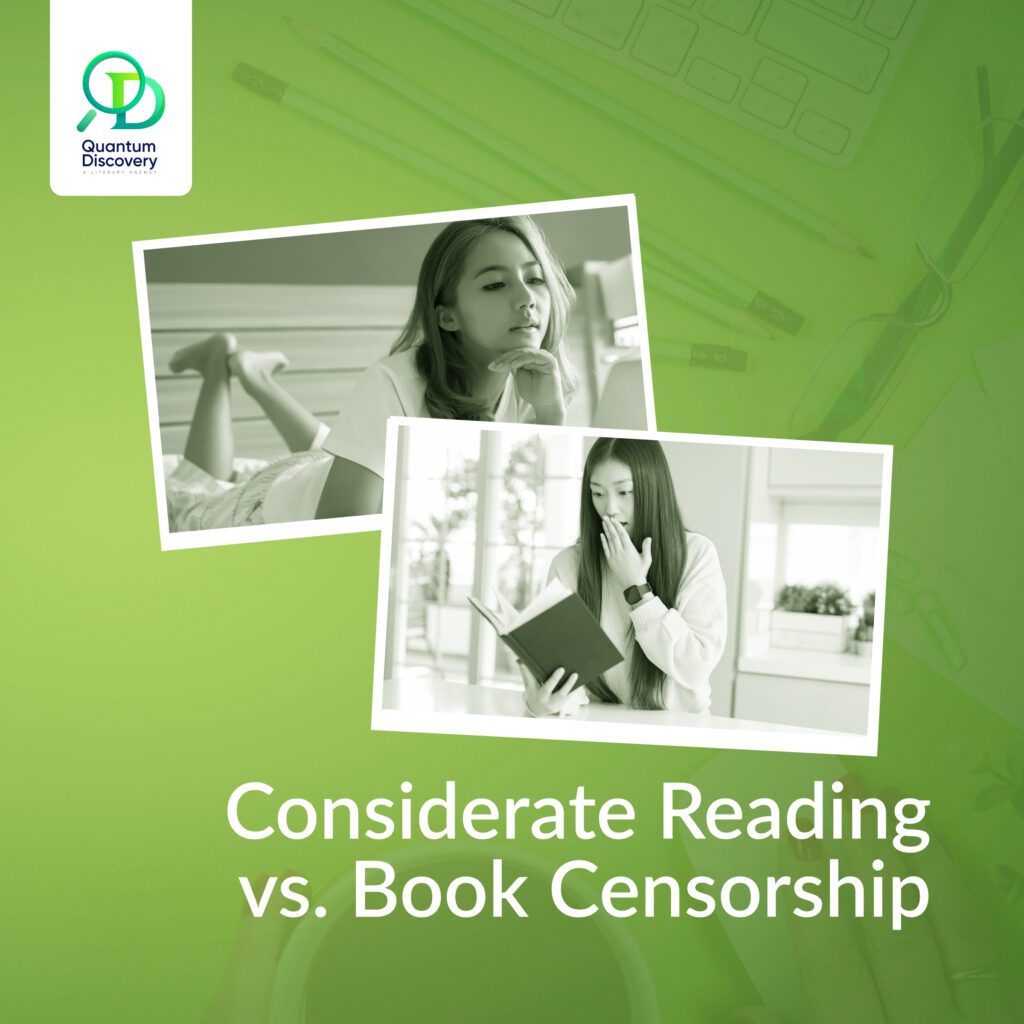Reading with sensitivity is an essential component when it comes to dealing with highly contentious issues. What exactly does it mean to read with sensitivity? And how is it dissimilar to the censorship of books?
Considerate Reading
The sensitive reader discovers content that is offensive or stereotypical, as well as prejudice, bias, misrepresentation, and other issues. They are accountable for delivering a report to the author and the publisher, who then incorporate their findings and recommend resolving these issues. The overall quality of the work goes up a lot when these goals are met.
The author is obligated to write about the community or nation that the sensitive reader hails from because keen readers come from specific communities or nations. They will combine their academic knowledge with their personal experiences and incorporate both personal and educational reading. Even though some people recommend that authors use multiple sensitivity readers, mainly if they are writing about a culture, they are unfamiliar.
with, another consideration is that authors should select readers who are comparable to them in age, gender, and ethnicity. Even though many people may come from the same racial or ethnic group, each of us has had unique personal experiences and is shaped differently by the environment in which we were raised.
Book Censorship
Censorship of books refers to the practice, carried out by governments, of repressing ideas and information that are written in books. The phrase “the restriction of free speech and other established kinds of power” accurately describes what it is. There are good reasons to censor a book, such as if it is inappropriate for a certain age group or if it has sexual or offensive language.
Comparison of Considerate Reading vs. Book Censorship
The sensitivity reader offers their input during sensitivity reading to help improve the representation. As a result, to guarantee that there is an accurate portrayal of the events or characters in the story, sensitive reading is about improving the book. In contrast, book censorship is about silencing a thought or piece of information. Therefore, sensitivity reading is about enhancing the book, while book censorship is about silencing the book.
